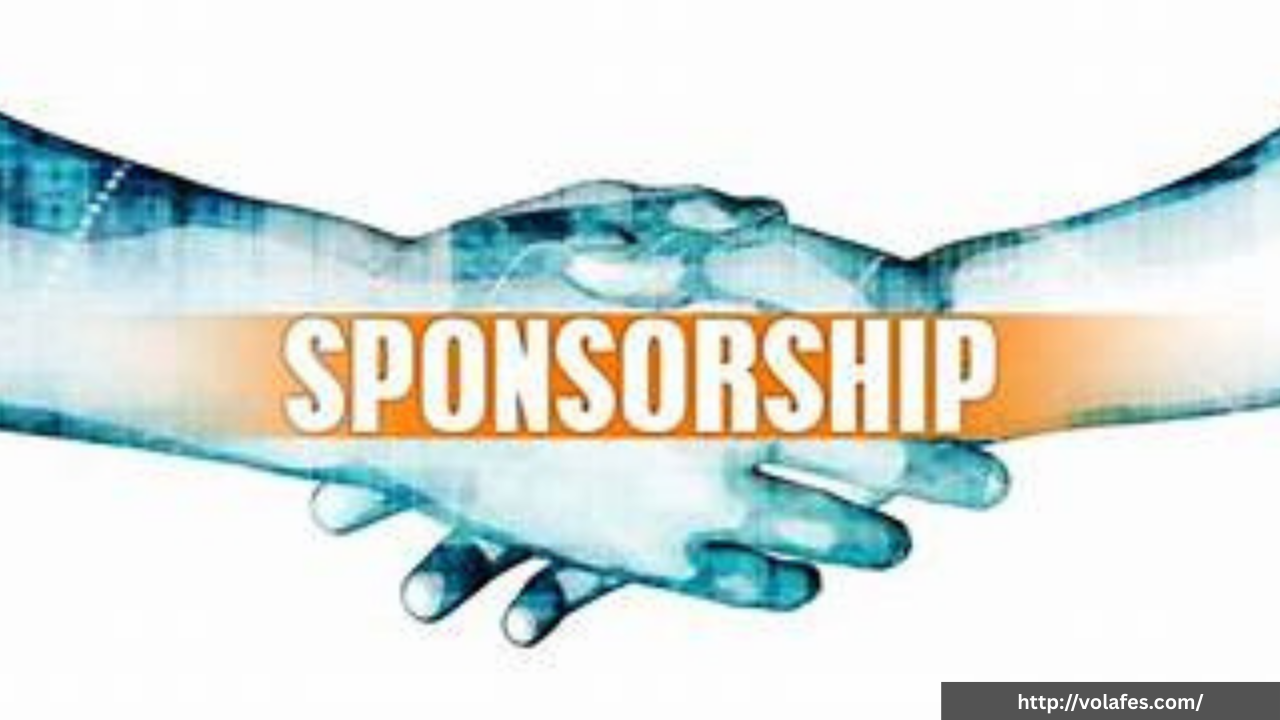
In the world of addiction recovery, the concept of a second chance is a powerful motivator. It represents the hope of redemption, healing, and a new beginning. While most discussions around second chances focus on the recovering addict, the truth is that sponsorship creates opportunities for renewal on both sides of the relationship. When someone chooses to become a sponsor, they are not only helping someone else find their way out of addiction—they are also reinforcing their own recovery, purpose, and growth.
The Healing Power of Sponsorship
A sponsor is more than a mentor—they are a lifeline, a guide, and a testament to the possibility of lasting sobriety. Most sponsors are individuals who have walked the difficult path of addiction and come through on the other side. By sharing their experiences, offering guidance through the 12 steps, and providing support during setbacks, sponsors give recovering addicts the tools and encouragement needed to stay on the path.
This relationship is deeply personal. It’s built on trust, mutual respect, and the shared understanding of what it means to struggle with addiction. For the sponsee, having someone who truly understands can make all the difference. They gain not just a coach in recovery, but a fellow traveler who has faced the same fears and come out stronger.
Growth for the Sponsor
While the benefits for the sponsee are often highlighted, the rewards for the sponsor are equally profound. Helping another person through recovery strengthens the sponsor’s own commitment to sobriety. Each conversation, each milestone reached by the sponsee, is a reminder of the sponsor’s own journey—and of the power they have to positively impact another life.
Sponsorship also fosters a deep sense of purpose. Many individuals in long-term recovery describe a desire to give back as a way of expressing gratitude for the support they once received. By stepping into the sponsor role, they transform their past struggles into a source of hope and healing for others.
Moreover, the emotional rewards are significant. Witnessing someone grow, rebuild their life, and find joy again can be one of the most fulfilling experiences for a sponsor. It reinforces the idea that recovery is not only possible, but sustainable—and that every effort to help is worthwhile.
A Mutual Journey of Empowerment
At its core, sponsorship is a mutual journey. Both sponsor and sponsee face challenges, learn lessons, and celebrate victories together. The connection they build is rooted in empathy, compassion, and a shared vision for a better future. For many, it becomes a lifelong bond that continues to offer support and encouragement well beyond the early stages of recovery.
Conclusion
Sponsorship is more than a recovery tool—it’s a second chance for two people to grow, heal, and thrive. It creates a space where both sponsor and sponsee can rediscover their strength, learn from one another, and walk a shared path toward lasting sobriety. In helping someone else find their way, the sponsor often finds deeper meaning and renewed strength in their own life, proving that the act of giving can be the greatest gift of all.

